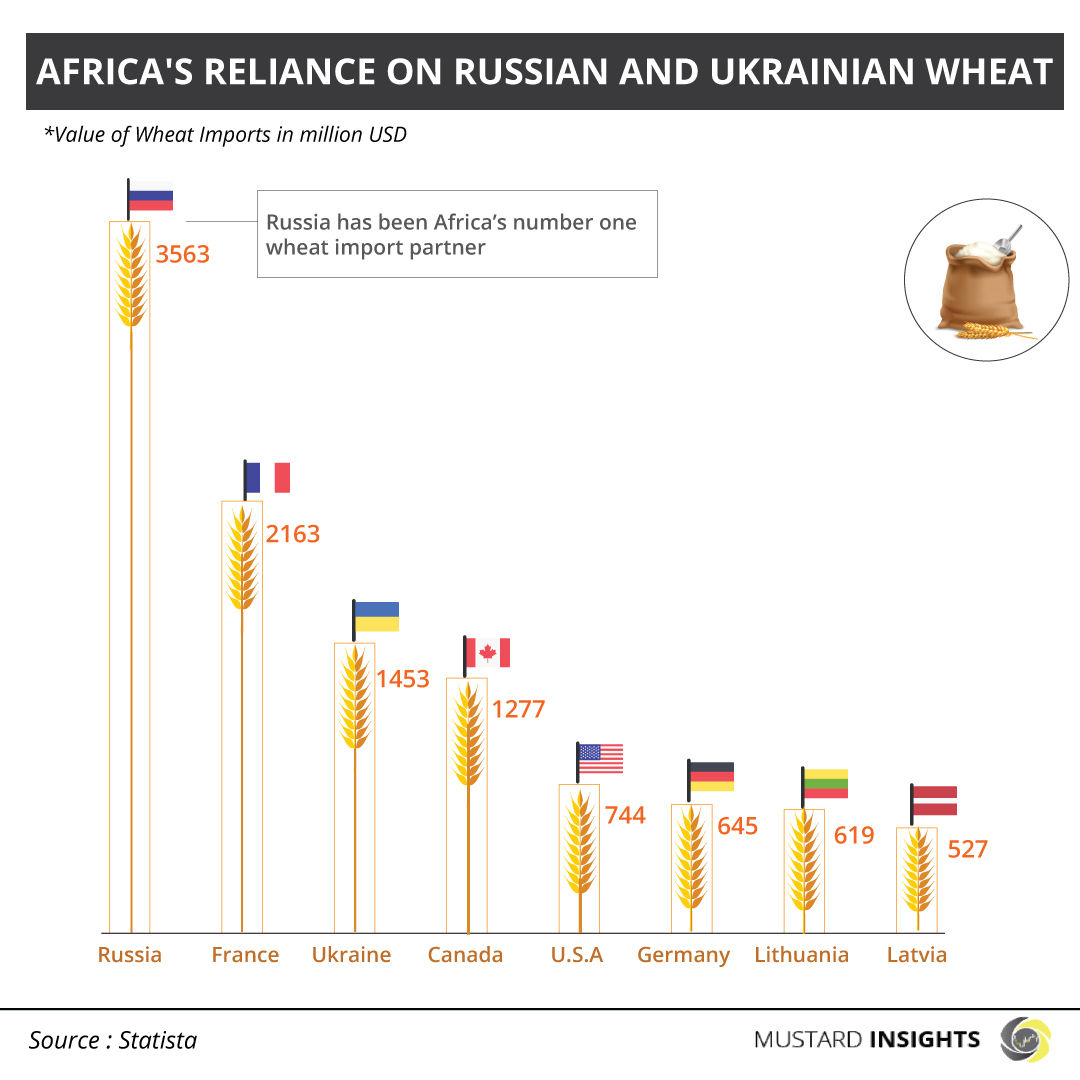West Africa is experiencing its worst food crisis in a decade with 27 million people affected by hunger and 11 million more are at risk. According to a report by Oxfam, worsening food crisis has plunged by 40% compared to recorded values of 2021 and four times worse than it was a decade ago. The report says drought, worsening floods and regional conflicts have caused the ongoing food crisis and reduced food sources.

West Africa is experiencing its worst food crisis in a decade with 27 million people affected by hunger and 11 million more are at risk.
According to a report by Oxfam, worsening food crisis has plunged by 40% compared to recorded values of 2021 and four times worse than it was a decade ago. The report says drought, worsening floods and regional conflicts have caused the ongoing food crisis and reduced food sources.
The Russia-Ukraine war also contributes to the food shortage because of the reliance of Africa on food commodities such as wheat, sunflower oil from Russia and Ukraine. For more than a decade, Africa as a whole had been a fast-growing grain import market.
Figures provided by Bunge shows that while Africa’s population grew by 32% between 2007/2008 and 2018/2019, wheat importation increased by 68% within the same period from 27.3 million tonnes to 47 million tonnes. If they cannot import wheat, that means it is creating a shortage in the food available in the countries and therefore increasing the prices and making it very difficult for people to afford food.
The prices of food in West Africa have risen by up to 30% over the past five years and with depleting food reserves, drought and poor rainfall distribution affecting food sources, many families are selling assets like sheep at a loss due to lack of grazing.
According to the Food and Agriculture and Agriculture Organization (FAO) of the United Nations, food prices could rise by another 20% worldwide. This will be an unbearable increase for already fragile populations. A knock-on effect of additional increase in food prices is a significant decrease in wheat availability for six West African countries that import at least 30%, and sometimes, over 50%.
An important factor of the Russia-Ukraine conflict being overlooked, which may have likely affected food availability in West Africa, and Africa is a sharp decline in international aid to Africa. Denmark has slashed donations by postponing part of its bilateral development help to Burkina Faso by 50% and to Mali by 40% rather than offering financial aid in the wake of returnees fleeing their homes in Ukraine.
Donors and government of other countries are being urged to help avoid a repeat of the failures of 2021, which saw West Africa receive only 48% of the financial aid allocations. The United Nations (UN) appeals for the 4 billion USD funding gap to be closed to support interventions and save lives.
Thoughts?
We won't share your email address. All fields are required.
